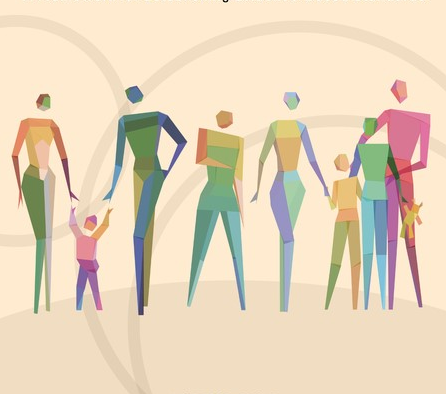
In a world that is constantly evolving, the importance of mental health has taken center stage. With the rising awareness surrounding mental well-being, it has become crucial to understand the intricate relationship between mental health and substance use. Psychoeducation, a powerful tool in this context, plays a pivotal role in enlightening individuals, fostering resilience, and promoting healthier choices.
The Connection between Mental Health and Substance Use:
Mental health and substance use are intricately linked, often coexisting and influencing each other. Individuals facing mental health challenges may turn to substances as a coping mechanism, seeking temporary relief from their struggles. Conversely, substance use can exacerbate existing mental health issues or even trigger new ones. A complex interplay demands attention and a comprehensive understanding.
What is Psychoeducation?
Psychoeducation is an approach that combines psychological principles with education, aiming to empower individuals with the knowledge and skills needed to manage their mental health effectively. In the context of mental health and substance use, psychoeducation provides information about the relationship between the two, the impact of substances on the brain, and coping strategies to maintain mental well-being.
KEY COMPONENTS OF PSYCHOEDUCATION ON MENTAL HEALTH AND SUBSTANCE USE:
1. Understanding the Link:
· Explore the relationship between mental health and substance use, highlighting how one can influence the other.
· Break down the stigma surrounding both mental health issues and substance use, fostering a non-judgmental and supportive environment.
2. Effects on the Brain:
· Delve into the neurological effects of substances on the brain, emphasizing the potential for addiction and the impact on mental health.
· Educate on how substances can mask or intensify mental health symptoms, making it crucial to address both aspects concurrently.
3. Coping Mechanisms:
· Introduce healthy coping mechanisms for managing stress, anxiety, and depression without resorting to substances.
· Provide practical tools for building resilience and emotional regulation, reducing the reliance on substances as a crutch.
4. Risk and Protective Factors:
· Identify risk factors that may contribute to both mental health issues and substance use.
· Highlight protective factors, such as a strong support system and coping skills that can mitigate the impact of these challenges.
5. Treatment Options:
· Discuss various treatment options available for individuals facing both mental health and substance use issues, including therapy, medication, and support groups.
· Emphasize the importance of seeking professional help and destigmatize the idea of reaching out for support.
6. Long term recovery
· Psychoeducation provides tools for relapse prevention. Understanding triggers, recognizing warning signs, and having a relapse prevention plan are essential components of long-term recovery.
· By addressing both mental health and substance use concurrently, psychoeducation supports individuals in building a foundation for sustained well-being. It fosters a holistic approach that considers the interconnected nature of these challenges.
HOW PSYCHO EDUCATION IMPORTANT ON MENTAL HEALTH AND SUBSTANCE USE
Psychoeducation on mental health and substance use is critically important for several reasons, as it plays a pivotal role in prevention, intervention, and overall well-being. Here are key reasons highlighting the importance of psychoeducation
- Breaking stigma
- Early interventions
- Empowering individuals
- Holistic treatment approach
- Reducing relapse risk
- Supporting families and communities
- Public health impact
Conclusion
In the realm of mental health and substance use, knowledge is power. Psychoeducation serves as a beacon of light, guiding individuals towards a deeper understanding of themselves and the factors influencing their well-being. By bridging the gap between mental health and substance use, psychoeducation empowers individuals to make informed choices, break free from the shackles of stigma, and embark on a journey towards lasting mental wellness.
References
https://www.silvermistrecovery.com/2017/01/what-is-psychoeducation/
https://westcoastrecoverycenters.com/how-can-substance-abuse-psychoeducation-help-me-in-treatment/